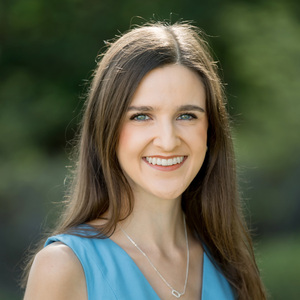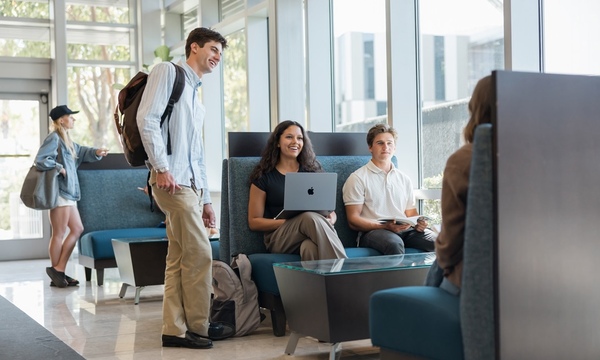Biola University launched the Biola Research Initiative for Advanced Studies of Chinese Theology in November 2024, an initiative established alongside the Institute for Advanced Studies of Chinese Christianity (IASCC). The two organizations will work hand-in-hand to advance Chinese Theology research.
“The beginning of this partnership and this initiative is what I hope is the beginning of greater engagement with Asia,” said Dr. Ed Stetzer, dean of the Talbot School of Theology, at the launch event for the initiative. “We’re leaning into the fact that God has put us on the Pacific Rim and there’s much to do. The Talbot School of Theology is growing in depth and breadth and we’re excited about the possibilities of Talbot re-engaging theological education and training in China.”
The Biola Research Initiative for Chinese Theology will aim to secure Biola as a leading research hub for Chinese theologians in the United States. The project will work to advance the “the three-in-one” project, which seeks to shorten the supply chain between research centers, seminaries and churches and essentially blur the lines between the three to make all three more accessible. In turn, high-quality theological research will become more approachable for the evangelistic and pastoral work of Chinese churches.
Biola is committed to producing research that captures the socio-cultural realities of Chinese churches and reinforces their evangelistic outreach. The Biola research initiative aspires to provide strategic support to Chinese seminaries and churches through providing resources and courses for Chinese seminaries while simultaneously helping Talbot faculty and students learn more about Christianity in China.
“The work of this initiative is going to be significant not only for this generation but for the rising generations as well,” said Dr. Barry H. Corey, president of Biola, during the launch event. “We’re honored that the conversations have led to us to house this initiative here at Biola University in conjunction with our various schools and especially the Talbot School of Theology.”
While work is being done at Biola to advance this ministry in California, the IASCC will establish a research center in mainland China for Christians to promote a Chinese theology that reflects the socio-cultural contexts of Chinese churches, explore a path for theological education that meets the needs of Chinese churches and foster an organic integration between research centers, seminaries and churches, to promote unity, healthy growth and impactful ministry.
Biola has a long-lasting history of being involved in theology being taught and advanced in China. In 1917, Frank A. Keller, a missionary in China, established the Hunan Bible School in Changsha, Hunan. After communicating with two of his long-time supporters, Lyman Stewart, one of Biola’s founders, and his brother Milton Stewart, they agreed to have Biola fund and provide oversight to the school with goals for it to provide intensive training for Christians in China. In 1933, it became officially known as the Hunan Bible Institute (The Bible Institute of Los Angeles in China). The school eventually was confiscated due to communist regulations, but its work continued on in other forms in churches.
“I’m excited about the historic connection between Biola University and Chinese theological education,” said Stetzer. “And it is not just the historic connection, but the current connection between Biola and Chinese Christian leaders. I’m also excited about the intersection of the growing Chinese church and the growth and influence that it is continuing to gain around the world.”
Talbot School of Theology equips students to become winsome, thoughtful representatives of the gospel who have the opportunity to be shaped by professors who model how to serve the church, engage the culture and navigate real-life ministry challenges. Learn more and apply to the school today.
Written by Sarah Dougher, media relations specialist. For more information, email media.relations@biola.edu.
 Biola University
Biola University_(1).jpg)

_(1).jpg)


